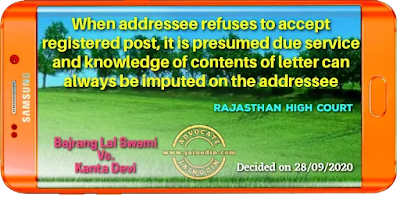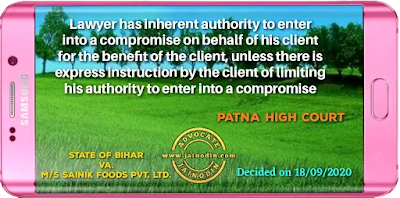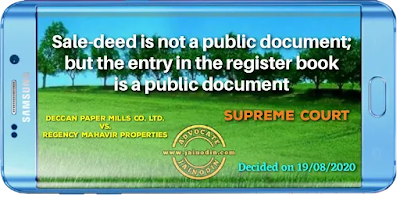Coming to the issue regarding validity of notice issued under Section 106 of the Act, it would be noticed that the notice issued was dated 27.06.2015 and the tenancy was terminated w.e.f. 30.06.2015 i.e. within three days, however, the suit was filed on 04.08.2015 i.e. after about one month of giving of the notice. The provisions of Section 106 of the Act, inter-alia, provides that a lease of immovable property is terminable on part of either lessor or lessee by 15 days' notice and in case of lease of immovable property for agriculture or manufacturing purposes by six months' notice. However, sub-section (3) of Section 106 of the Act provides that a notice shall not be deemed to be invalid merely because the period mentioned therein falls short of the period specified under sub-section (1), where a suit or proceeding is filed after the expiry of the period mentioned in that sub-section and therefore, if it is found that the lease is for the purpose other than manufacturing purpose merely giving a three days' notice would not invalidate the proceedings.
The appellant himself in his statement has clearly admitted that he was a tenant in the shop since 1976, in the year 1976, his shop was that of cloth in the name of Shankar Cloth Store, he changed his business in the year 1990-91 and started work of dye cutting of jewellery in the name of Mankad Jewellers.
From the above statement,
The various Courts have dealt with the said aspect and have come to the conclusion that
Bombay High Court in the case of Ruprao Nagorao Mahulkar (supra), inter-alia, observed as under :-
"16. I, however, think that
for the purposes of section 106 what is relevant is the purpose for which the lease was obtained at the time when the lease was obtained. A subsequent change of use and subsequent employment of the premises taken on lease for a manufacturing purpose where they were not at the commencement taken for that purpose would not entitle a lessee to take advantage of section 106. The purpose of the lease must be found arid ascertained with reference to the time when the lease was brought into existence. This seems to me also consistent and in accordance with the other provisions of the Transfer of Property Act and law in that behalf. Section 108 (a) of the Transfer of Property Act speaks of rights and liabilities of the lessees. In the absence of a contract of local usage to the contrary, a lessee is under an obligation by virtue of section 108 (a) of the Transfer of Property Act to use the leased premises for the purpose for which they were let and is obliged not to use them "for the purpose other than for which it was leased." To do so therefore, would be a, breach of the terms and conditions of the lease which are implied in the absence of the contract to the contrary. Section 111 (g) of the Transfer of Property Act provides that where a lease permits a re-entry on breach of a condition, then the lessor would be entitled to determine the lease and re- enter. Section 106 of the Transfer of Property Act also provides for termination of leases. A breach of terms and conditions of the lease would entitle a lessor to terminate the lease and to re-enter. In Devji's case (supra) Justice P.B. Mukherjee also observed that "the lease for manufacturing purpose must be a lease which at its inception is for that purpose. The lease at the time of the grant by the landlord must be impressed with the purpose of manufacture." Per contra-where it is not so impressed and where that was not the purpose at the time when the lease was commenced, the lessee would not be entitled to take advantage of section 106 of the Transfer of Property Act."
...........




















